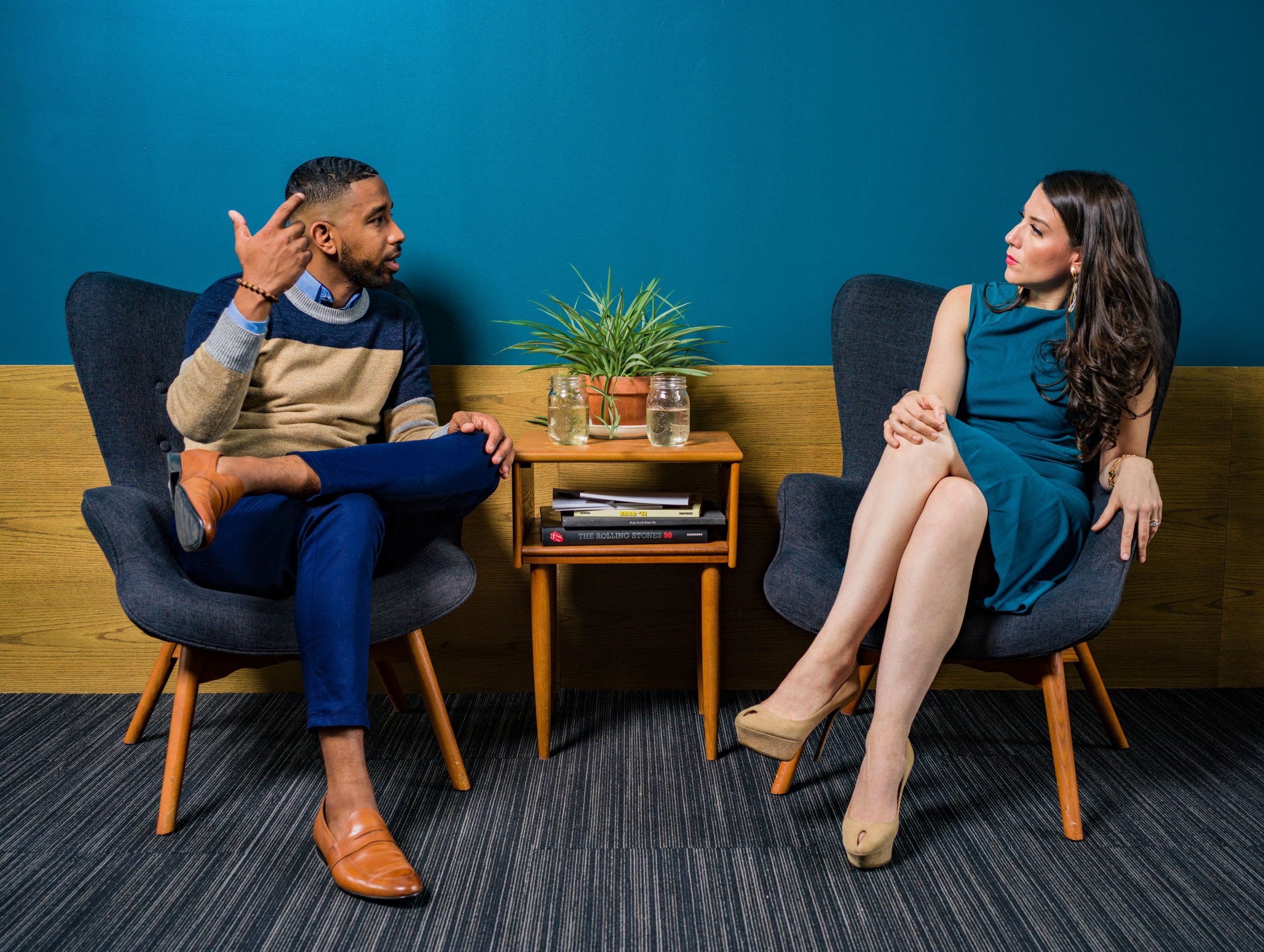Below is an excerpt from my interview with highly respected Conversational Intelligence®, We-centric Leadership, Neuro-Innovation expert and Marshall Goldsmith 100 Coach winner, Judith Glaser. In our interview, Judith and I talked about engagement, collaboration, and innovation, and how to coach for behavioral change. In this short excerpt, Judith explains the importance of asking questions when you don’t have the answers. It sounds simple, but her explanation of the effects of such types of questions on relationships is profound. Enjoy!
MG: I just love is the concept of asking questions when you don’t have the answers. It sounds at one level obvious. Isn’t that what we always do? But as I’ve talked to you about it, I realized that, no, that’s not what we always do. In fact, sometimes we seldom do it. Can you elaborate on this concept and give our viewers some ideas?
JG: Sure, about 20 years ago, I was in the UK, working with an executive. And I was keeping track of the questions that he asked that were leading questions, and the questions that he asked where he had no answers. There were zero that had no answers!
MG: They were all leading questions?
JG: All leading questions. And when I explained it to him, he had no idea that that’s what he was doing. He thought he was helping someone by giving them the answers [in his questioning]. So, I made that a study. I’m still doing the study because 99 percent of people have difficulty asking questions to which they don’t have answers. They get anxiety, like they should know the answers. They don’t want to look stupid. These are the tapes they play in their minds.
But when we ask questions for which we don’t have answers, it actually opens up a conversation with the other person. It enables them to think in new ways, because we’re not setting up a question with an obvious answer. In other words, we’re not pushing them toward a certain answer.
The conversation that ensues is what I call a level-three conversation. It goes deeper and takes them into what I call “share-and-discover” mode, which changes their chemistry so they bond in better ways. They start to look forward, and the open space of “I don’t know the answer” changes to “What are we going to learn together?” It is a fantastic approach to working together to find solutions to problems for which we do not have the answers.
